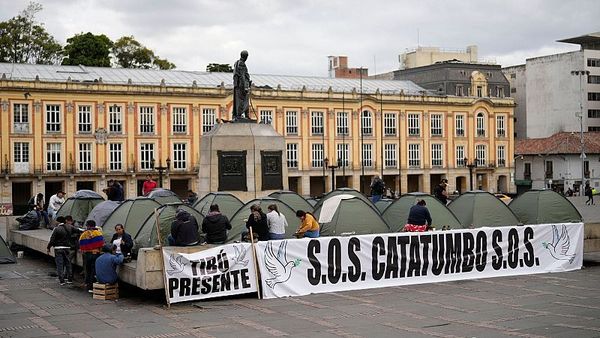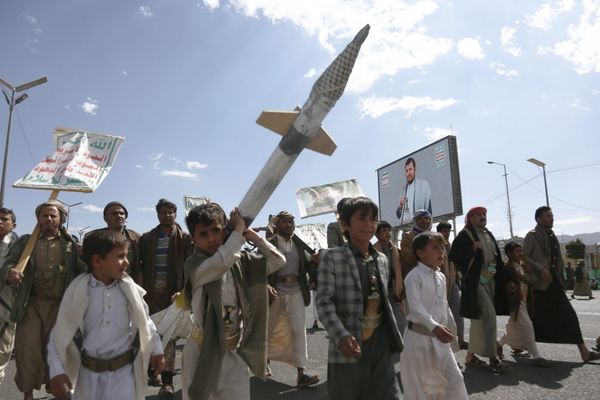
Heavy rainfall from #Hilary may produce flash floods and landslides over parts of Baja California through the weekend. Rainfall impacts in the SW US are expected to peak this weekend into Monday. Flash, urban, and arroyo flooding has the potential for significant local impacts. pic.twitter.com/qzdw6CijhA
Buy Saints Tickets— NHC Eastern Pacific (@NHC_Pacific) August 17, 2023
Don’t take this lightly. The National Hurricane Center announced Thursday morning that a tropical system off the coast of Mexico is now a Category 1 hurricane, named Hurricane Hilary, with measured sustained winds at 75 miles per hour.
We’re approaching the peak of hurricane season, and many New Orleans Saints fans in Louisiana and across the Gulf South are well-attuned to this dangerous weather threat. Just two years ago the region was struck hard by Hurricane Ida, prompting the Saints to move their entire organization to Dallas so they could finish training camp, kicking off their Week 1 “home” opener at the Jacksonville Jaguars’ stadium instead.
But what’s unusual is that Hurricane Hilary is approaching the West Coast. The NHC forecasts the storm to run up the Baja California peninsula before making landfall in Southern California overnight Monday. Excessive rainfall and potential flooding is predicted for major metro areas in Los Angeles and San Diego, potentially reaching as far inland as Reno, Nev. by Tuesday.
And the Saints are currently in Los Angeles for their preseason game with the Chargers on Sunday at SoFi Stadium. Kickoff is scheduled for 6:05 p.m. CT/4:05 p.m. PT, so the team will have plenty of time to finish their exhibition game and fly back to New Orleans. It could be dicey for fans and media traveling to Los Angeles who aren’t able to immediately leave Sunday evening, though.
The NHC advises that Hurricane Hilary is strengthening rapidly and that it could be upgraded to a major hurricane later Thursday. The storm will weaken after making landfall in Baja California, but to what degree is unclear. If you’re in the area make preparations now and stay tuned for updates from the NHC, local authorities, and emergency services.
West Coast hurricanes are rare. A number of geographic and atmospheric conditions make it difficult for tropical storms to form and sustain themselves, including the powerful cold-water California Current running down from the North Pacific. But they’ve happened before. Los Angeles’ 24-hour rainfall record was set back in Sept. 1939 when a tropical storm dropped more than 5 inches of rain on the area. Last year, Hurricane Kay peaked as a Category 2 before deteriorating after landfall in Baja California, ultimately just grazing the Southern California coast. Hopefully Hurricane Hilary takes a similar track.







